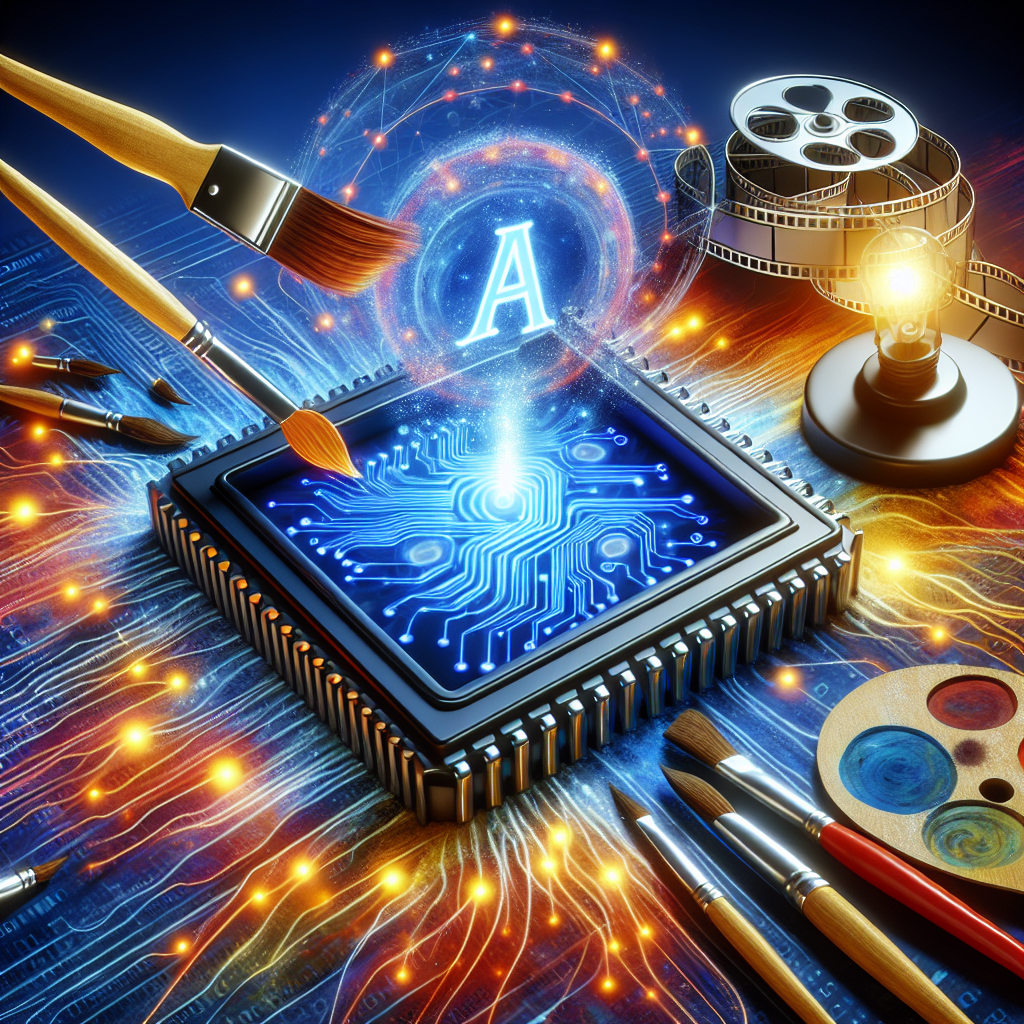Artificial intelligence (AI) has become an increasingly prevalent technology in the entertainment industry in recent years. From personalized recommendations on streaming platforms to virtual reality experiences, AI is revolutionizing how we consume and create entertainment. While AI has many benefits, there are also risks associated with its use in the entertainment industry, particularly in terms of its impact on creativity.
One of the primary risks of AI in entertainment is the potential to stifle creativity. AI algorithms are designed to analyze data and make predictions based on patterns and trends. While this can be helpful in predicting consumer preferences and creating targeted content, it can also limit the range of ideas and perspectives that are presented to audiences. When AI is used to generate content, there is a risk that it will prioritize popular trends and formulas over originality and innovation.
Another risk of AI in entertainment is the potential for bias and misinformation. AI algorithms are only as good as the data they are trained on, and if that data is biased or inaccurate, it can lead to biased or inaccurate results. This is particularly concerning in the context of news and information, where AI algorithms are being used to create deepfake videos and generate fake news stories. In the entertainment industry, bias in AI algorithms can lead to the perpetuation of harmful stereotypes and the marginalization of underrepresented groups.
Furthermore, the increasing reliance on AI in the entertainment industry raises concerns about job loss and the displacement of human workers. As AI technology becomes more sophisticated, it has the potential to automate many tasks that were previously performed by humans, such as scriptwriting, editing, and special effects. While AI can streamline production processes and reduce costs, it also has the potential to eliminate jobs and reduce opportunities for human creativity and innovation.
Despite these risks, there are also opportunities for AI to enhance creativity in the entertainment industry. AI can be used to analyze audience feedback and preferences, identify emerging trends, and generate new ideas for content. By leveraging AI technology, creators can gain valuable insights into audience preferences and tailor their content to better meet the needs and interests of their viewers.
Additionally, AI can be used to enhance the production process and improve the quality of content. For example, AI algorithms can be used to enhance visual effects, improve sound design, and streamline editing processes. By incorporating AI technology into their workflows, creators can achieve higher levels of production value and create more engaging and immersive experiences for their audiences.
In order to mitigate the risks of AI in entertainment and maximize its benefits, it is important for creators and industry professionals to approach AI technology with caution and critical thinking. It is essential to carefully consider the ethical implications of using AI in entertainment and to take steps to ensure that AI algorithms are fair, transparent, and accountable. Additionally, it is important to prioritize human creativity and innovation in the development and production of entertainment content, and to use AI as a tool to enhance, rather than replace, human creativity.
FAQs:
Q: How is AI being used in the entertainment industry?
A: AI is being used in a variety of ways in the entertainment industry, including personalized recommendations on streaming platforms, virtual reality experiences, and content creation.
Q: What are the risks of AI in entertainment?
A: The risks of AI in entertainment include the potential to stifle creativity, bias and misinformation, and job loss and displacement of human workers.
Q: How can the risks of AI in entertainment be mitigated?
A: The risks of AI in entertainment can be mitigated by approaching AI technology with caution and critical thinking, prioritizing human creativity and innovation, and ensuring that AI algorithms are fair, transparent, and accountable.

